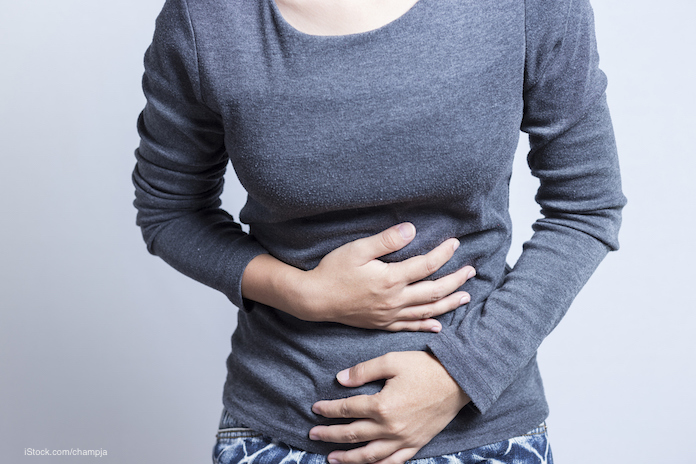A health advisory for a Cyclospora outbreak has been issued by the Texas State Department of Health Services. At least 68 people are sick with cyclosporiasis in that state. Illness were reported to officials starting mid-June 2017.

Public health officials are investigating the outbreak to identify possible common exposures. In the past, cyclospora outbreaks have been linked to consumption of imported fresh produce, cilantro, pre-packaged salad mix, raspberries, basil, snow peas, and mesclun lettuce.
The diagnosis of more patients and rapid reporting to public health by doctors is essential to try to prevent a large scale outbreak. Officials are asking doctors to test patents for the parasite if they have a diarrheal illness that lasts more than a few days, or have diarrhea that is accompanied by severe fatigue and loss of appetite.
Diagnosing this illness requires stool specimens for “Ova and Parasite” testing, with additional orders for Cyclospora identification. A single negative stool sample does not exclude the diagnosis, and, in fact, three specimens are optimal. Molecular methods, including polymerase chain reaction of a GI pathogen panel test are also options for correctly diagnosing this infection.
Just last year, the FDA noted that there was a decline in Cyclospora cases. When compared to 2013, 2014, and 2015, the number of case patients decreased. The government attributed that decrease to import alerts and more testing of imported products. The 2016 growing season was the first time that import alerts for cilantro imported from Puebla, Mexico was in place.
The symptoms of cyclosporiasis begin 2 days to 14 days after ingestion of the Cyclospora oocysts. Symptoms usually include profuse diarrhea that can last for weeks or months and can relapse. Other symptoms may include anorexia, fatigue, weight loss, abdominal cramps, bloating, increased gas, nausea, vomiting, and low-grade fever.
It’s difficult to prevent this type of infection. Washing fresh produce is recommended, but that will not eliminate the risk completely. Cyclospora oocysts are very difficult to remove from fresh produce. Dousing food in vinegar, lemon juice, or produce washes will not remove the parasite. This illness is not transferred person-to-person.
Cooking will destroy Cyclospora. The parasite is endemic in subtropical climates. It is passed through human feces which then contaminate food and water.




